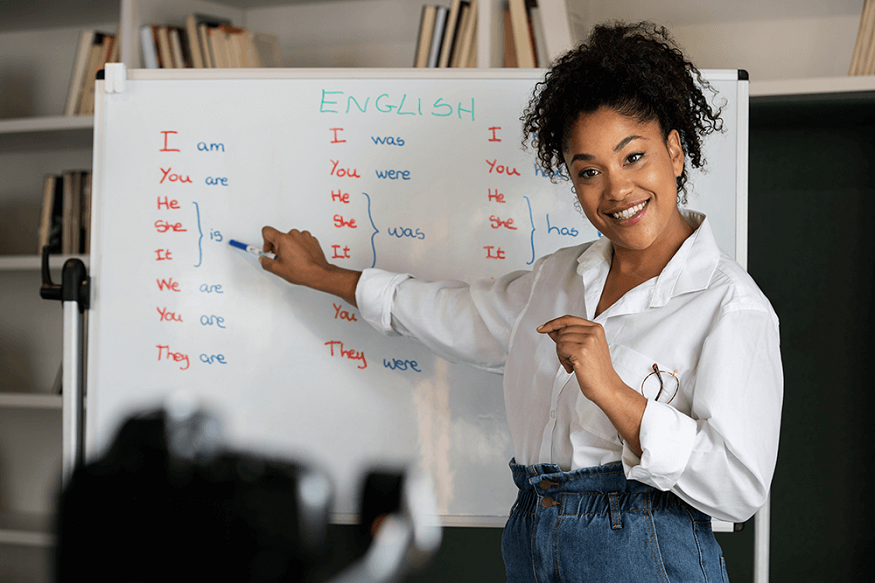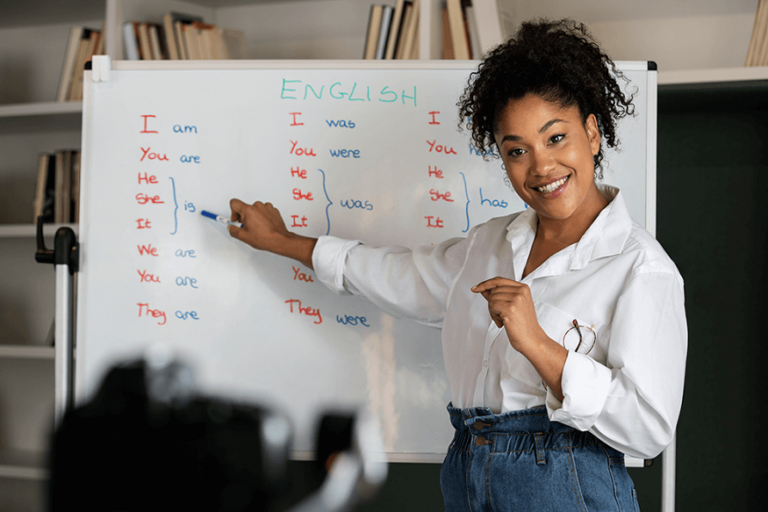Of the nine suggested steps to follow, this step is truly the most important, and, for most teachers and instructors, it is also the most difficult because it can lead to changes in behavioral patterns. well-established or even challenge long-established school programs.
How would you actually like to teach this course?
This question asks you to consider your fundamental philosophy toward teaching. What is your role as a teacher or instructor? Have you adopted an objectivist view that knowledge is limited and determinate, that you are a subject matter expert with more knowledge than the students and, therefore, your task is to transfer information or knowledge as effectively as possible to your class group? Or do you view learning as individual development where your role is to help learners develop the ability to question, analyze and apply information or knowledge?
Do you believe that you are more of a guide or a facilitator of learning for your students? Or perhaps you want to teach this way, but you have to deal with a group of 200 students in the classroom, forcing you to retreat to a more didactic teaching strategy. Or, you want to combine these two approaches, but you can’t due to timetable and curriculum restrictions.
Chapters 2, 3, and 4 present some choices available to help you decide how you want to teach as it relates to global philosophy.
What is wrong with your teaching currently?
Another place to start might be to think about what you don’t like about the course(s) you currently teach. Is the content to be covered too extensive? Could you approach it differently, perhaps by asking students to find, analyze and apply the content to solve problems or do research? Would it be possible in this context to focus more on skills? If so, how could you provide appropriate activities to enable students to practice these skills? In other words, how much of your workload can be done by them so that you can better manage it?
Are the students too diverse, for example some have a lot of difficulty while others get impatient because the pace of the course is too slow? How can you further personalize your instruction so that students of all skill levels can succeed in this course? Could you organize your teaching so that students experiencing difficulty can spend more time on the task or so that those who are faster have more advanced work to complete?
Or maybe there isn’t enough discussion or critical thinking because the class is too big. Could you use technology to rearrange the classroom differently so that learners study in small groups, but so that you can monitor and guide discussions? Can you divide the work into chunks that students would be able to complete on their own (e.g., master the content) to allow you to focus on discussion and critical thinking with students during classes?
By moving much of the content online, for example, you might be able to free up more time for interaction with students in small or large groups in class or online and, at the same time, reduce the number of lecture courses for large classes. Faculty members reorganized large lecture classes of 200 students by dividing those classes into ten groups and moving the majority of the material in each lecture online. Thus, teaching or training staff can devote at least one week to each of the ten groups for discussion, interaction and collective activities online, which significantly increases interactions with all students.
In another context, do you feel restricted by the limitations of what can be accomplished in the laboratories or workshops because of the time required to set up the experiment or adjust the equipment or because students do not really don’t have enough time for practical activities? Could you reorganize teaching so that students do a lot of preparation online and can focus on what they need to do manually in the lab or workshop? Could they later write their report of laboratory or workshop experiments online, for example using an electronic portfolio? Can you find good open educational resources (like videos or simulations) that would reduce the need for lab time? Or could you create good quality demonstration videos to allow you to spend more time talking with students about the implications?



















+ There are no comments
Add yours